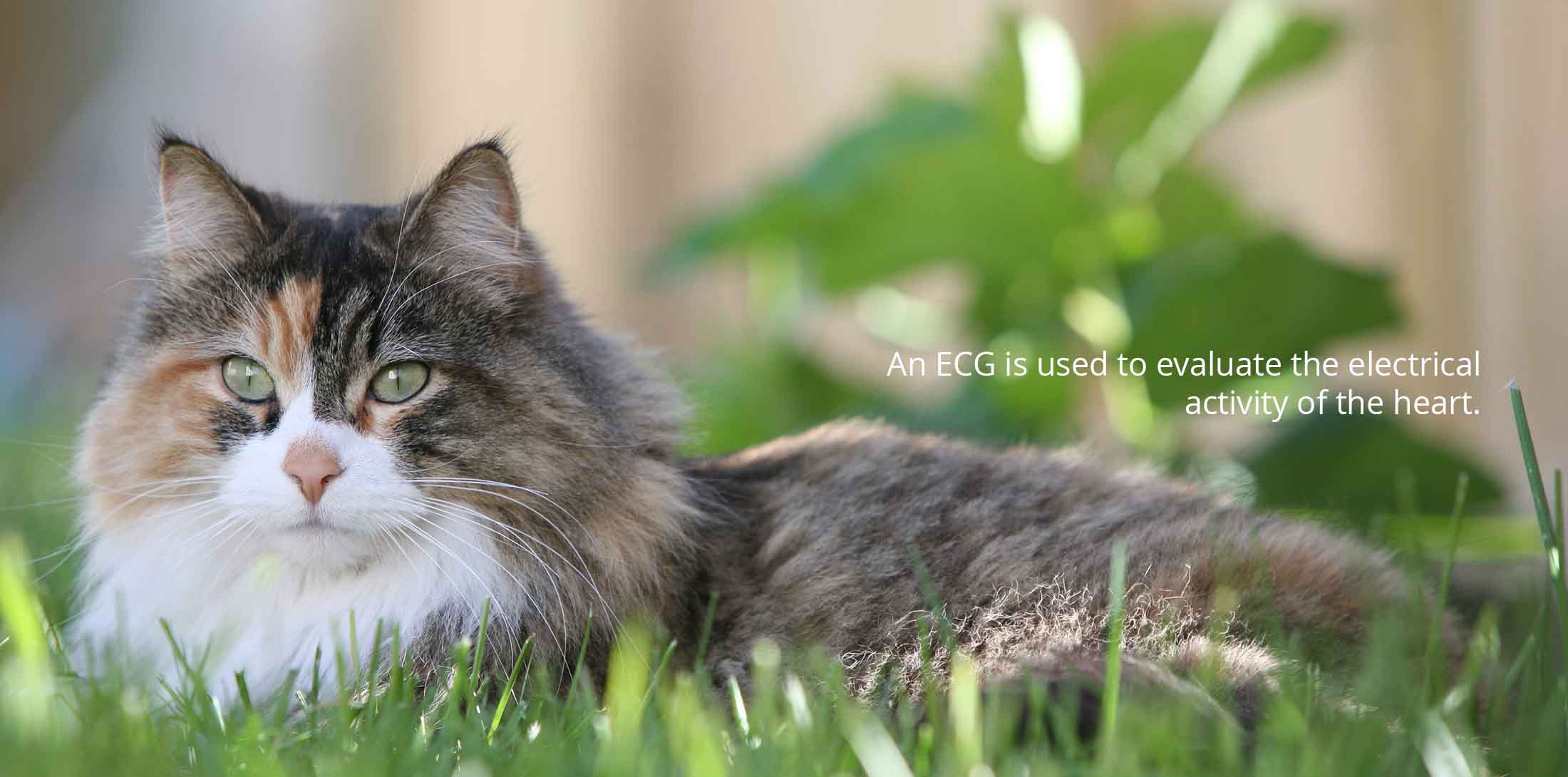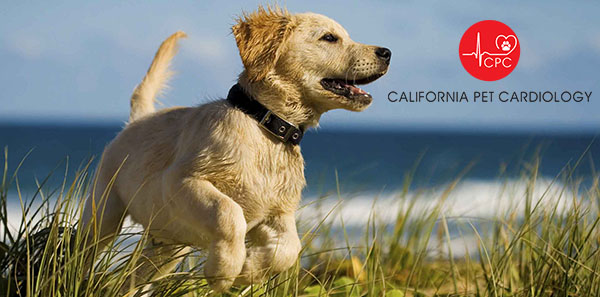

Hypertrophic cardiomyopathy
Hypertrophic cardiomyopathy (HCM) is a progressive primary disease of the heart muscle seen more frequently in cats than dogs. It is marked by symmetric or asymmetric hypertrophy (thickening) of the left ventricle (bottom left part of the heart). This excessive thickening causes an impairment in the relaxation of the heart. As a result, the pressures within the heart increase causing an enlargement of heart chambers, which can result in congestive heart failure (highlight and link the word congestive heart failure), thromboembolism (clot formation), arrhythmias, and sudden death.
The disease usually affects middle age cats however some cats with severe disease can be affected early in life. Genetic mutations have been discovered to be associated with HCM in a variety of breeds. The Maine Coon and Ragdoll breeds have been studied extensively with mutations unique to their breeds. However, the presence of a mutation does not predict expression of the disease or its severity.
Cats with this disease are at risk of developing clots that can travel from the heart to the brain or legs causing either a stroke or seizure-like episode or extreme pain and an inability to walk. Cats hide their disease well and an owner or veterinarian may not discover the disease until the cat is experiencing respiratory difficulties. Respiratory difficulties, suspected clot formation, and collapse are all potential life-threatening emergencies.
Treatment goals are aimed at controlling the signs of congestive heart failure (highlight and link the word congestive heart failure), improving the efficiency of the pumping heart, and preventing potential clot formation.
Back
The disease usually affects middle age cats however some cats with severe disease can be affected early in life. Genetic mutations have been discovered to be associated with HCM in a variety of breeds. The Maine Coon and Ragdoll breeds have been studied extensively with mutations unique to their breeds. However, the presence of a mutation does not predict expression of the disease or its severity.
Cats with this disease are at risk of developing clots that can travel from the heart to the brain or legs causing either a stroke or seizure-like episode or extreme pain and an inability to walk. Cats hide their disease well and an owner or veterinarian may not discover the disease until the cat is experiencing respiratory difficulties. Respiratory difficulties, suspected clot formation, and collapse are all potential life-threatening emergencies.
Treatment goals are aimed at controlling the signs of congestive heart failure (highlight and link the word congestive heart failure), improving the efficiency of the pumping heart, and preventing potential clot formation.
Back
